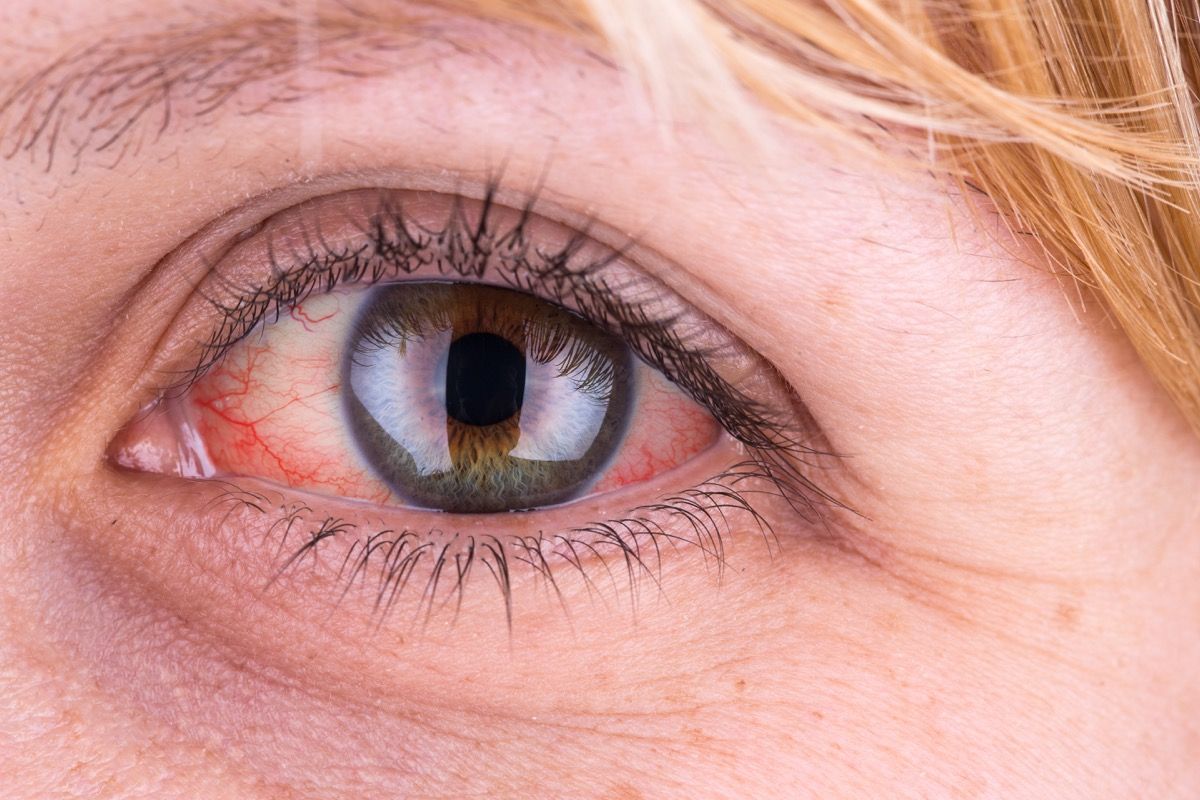If your gums bleed when you brush, the standard recommendation from the American Dental Association is to brush and floss more regularly and carefully to make sure that plaque is not having a chance to build up. However, a new report from the University of Washington suggests that the culprit may in fact be a vitamin C deficiency. The meta-analysis, which was published in the journal Nutrition Reviews, looked at previous studies of 15 clinical trials in six countries, involving 1,140 otherwise healthy participants. They also analyzed data from 8,210 U.S. residents surveyed in the Centers for Disease Control and Prevention (CDC)’s Health and Nutrition Examination Survey. The results showed that bleeding of your gums when gently probed is associated with low vitamin C levels in the bloodstream. And for another common deficiency you should know about, check out 20 Symptoms of Vitamin D Deficiency, According to Medical Experts. “When you see your gums bleed, the first thing you should think about is not, I should brush more. You should try to figure out why your gums are bleeding. And vitamin C deficiency is one possible reason,” lead author Philippe Hujoel, DDS, an adjunct professor of oral health sciences in the UW School of Dentistry, said in an interview with UW News.ae0fcc31ae342fd3a1346ebb1f342fcb Hujoel pointed out that academic research dating as far back as 1986 linked bleeding gums with dietary deficiency, but the focus on brushing and flossing had dominated the health advice more recently. “There was a time in the past when gingival bleeding was more generally considered to be a potential marker for a lack of vitamin C,” he said. “But over time, that’s been drowned out or marginalized by this over-attention to treating the symptom of bleeding with brushing or flossing, rather than treating the cause.” And for more on health and nutrition, check out These 3 Vitamins Could Save You From Severe COVID, Study Finds. The meta-anaylsis also concluded that gum bleeding could be a sign of retinal hemorrhaging. According to Hujoel, both gum and retinal bleeding could indicate microvascular issues, including the increased likelihood of bleeding issues in the brain, heart, and kidneys. “A default prescription of oral hygiene and other periodontal interventions to ’treat’ microvascular pathologies, even if partially effective in reversing gingival bleeding as suggested in this meta-analysis, is risky because it does not address any potential morbidity and mortality associated with the systemic microvascular-related pathologies,” the researchers said in their report. And for more health news delivered right to your inbox, sign up for our daily newsletter. The good news is, the researchers found that increasing your daily vitamin C intake helped to reverse these bleeding issues. According to the report, “[vitamin C] supplementation reverses the retinal bleeding associated with low [vitamin C] plasma levels.” And for more on vitamin deficiency and the latest health crisis, check out 80 Percent of Hospitalized COVID Patients Are Deficient in This Vitamin.

